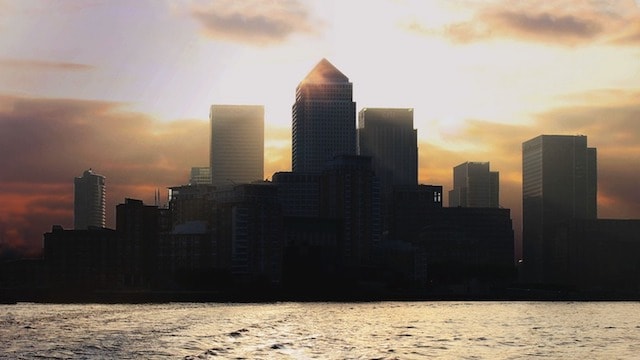The HSBC (LSE: HSBA) share price has traded between £400 and £450 throughout the year, with a couple of short-lived pushes above £450 in March and April.
As I’m writing, the share price currently sits at £402.65 and I’m quite optimistic that it is set to break out of the range that I just mentioned. However, I’m more interested in the question of whether the international banking firm can build some serious momentum towards the end of 2021.
Here I give my analysis on whether HSBC might be able to break above £450 in the months to come.
The bullish case for the HSBC share price
One of the reasons why I think the HSBC share price could be set to rise is because of the bank’s excellent second quarterly report. The bank was able to beat its expectations while the global economy recovers from the pandemic. Its pre-tax profit has doubled since this time last year to $10.84bn, beating its $9.45bn expected mark.
HSBC has also reinstated its dividends again at 7 cents a share with the bank’s policy to pay out 40%-55% per share in 2021. Arguably this is quite an underwhelming return when compared to its competitors such as Barclays and NatWest. Nevertheless, the return of dividends is a good sign for shareholders.
Further, I think HSBC’s international presence in Asia has helped its recovery. Its presence comes with a recent $6bn investment in Hong Kong, China, and Singapore. It’s no surprise then that HSBC shares in Hong Kong rose 3% when earnings were released.
Out of the five big banks listed on the London Stock Exchange, I believe HSBC has the most long-term growth potential. I’ve lived in China for three and a half years and have seen the financial prowess of the growing Asian middle-class first-hand. The growth of tier two and tier three cities in China is developing rapidly, especially in areas such as digitalised technology. HSBC’s long reputation in the country means it can provide wealth management for these rising affluent families.
Risks and concerns
While HSBC’s position in Asia gives it access to an ever-growing market, I think it is reasonable as a potential shareholder to be concerned over geopolitical tensions. The disputes between the West and China over the Uighur training centres and Hong Kong riots could lead to a disintegration of economic unity. This would be very bad news for the HSBC share price.
Another one of my concerns regards the highly competitive nature of the Asian banking market. With China-centric banks such as ICBC and China Construction Bank, HSBC could lose out to locals who might be feeling more patriotic as tensions rise.
Will I be buying?
While geopolitical issues may arise in the future that could prove catastrophic for HSBC, I think that at a price of £402.65 it is hard for me to not add this stock to my portfolio.
In my opinion, I think the HSBC share price will rise towards the £450 end of the spectrum, especially since profits are up, and because I believe that the bank is on the road to recovery. Will it break £450 by the end of the year though? I’m sceptical, but I wouldn’t rule it out if the global economy continues to recover.








